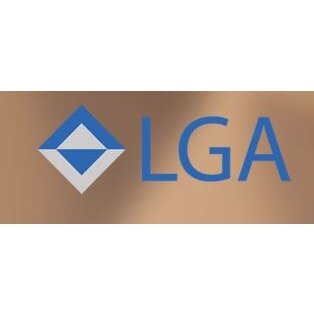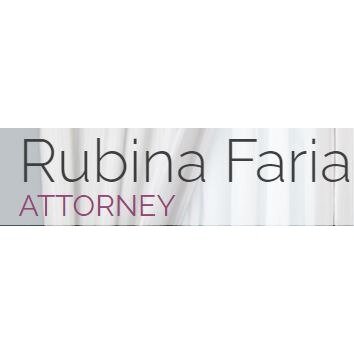Best Arrests & Searches Lawyers in Funchal
Share your needs with us, get contacted by law firms.
Free. Takes 2 min.
List of the best lawyers in Funchal, Portugal
About Arrests & Searches Law in Funchal, Portugal
The law around arrests and searches in Portugal, which also applies in Funchal, is based on constitutional rights balanced with police powers for ensuring public safety. In most cases, the police can only carry out arrests and searches with a warrant from a judge, unless circumstances demand immediate police action. Portuguese law also recognizes individual rights during the arrest process like the right to remain silent and to have access to legal counsel.
Why You May Need a Lawyer
Whether you or your loved one has been subject to an arrest, search or have had your rights violated during the process, you may need a lawyer. Legal experts can help protect your rights, understand the complexities of the Portuguese legal system, advise on possible defences and present a robust case before the court. You may also need a lawyer to file complaints against unlawful arrests or searches.
Local Laws Overview
According to Article 27 of the Portuguese Constitution, arrests without any legal foundation are considered elective. Furthermore, the Constitution states that everyone has a right to resist an order that infringe on their rights, freedoms, or safeguards and to repel by force any aggression when recourse to public authority is not possible. The Portuguese Criminal Procedure Code also provides additional details about when, how, and under what conditions an arrest or search can be carried out.
Frequently Asked Questions
What is the maximum time I can be detained for questioning?
According to Portuguese law, you can be detained for a maximum of 48 hours before being brought before a judge for a hearing.
Can I refuse to be searched?
Refusing to be searched can have legal consequences unless the search is carried out in violation of your rights. It’s better to seek legal advice before refusing a search.
Do I have the right to a lawyer during interrogation?
Yes, you have a right to have a lawyer present during interrogation. If you cannot afford one, a public defender will be appointed for you.
What if my rights were violated during the arrest or search process?
If your rights were violated, you should discuss the situation with a lawyer who can guide you on filing a complaint or seeking other forms of redress.
Can law enforcement enter my home without a warrant?
Except in cases of flagrante delicto, or certain emergencies, law enforcement generally needs a warrant issued by a judge to enter and search your home.
Additional Resources
Some helpful resources include the Portuguese Bar Association (Ordem dos Advogados), which can help find a lawyer. On a governmental level, the Commission for Citizenship and Gender Equality (Comissão para a Cidadania e a Igualdade de Género) can protect and enforce your rights. The Portuguese Ombudsman (Provedor de Justiça) can also be a resource for those who feel their rights have been violated.
Next Steps
If you need legal assistance, the next step should be to contact a lawyer. Reach out to a trusted law firm or a legal aid society in Funchal. Discuss your case with them, understand the likely outcomes, and prepare well for the legal process. In addition, maintaining a record of all communications, documenting any violations, and gathering any potential evidence can greatly assist your case.
Lawzana helps you find the best lawyers and law firms in Funchal through a curated and pre-screened list of qualified legal professionals. Our platform offers rankings and detailed profiles of attorneys and law firms, allowing you to compare based on practice areas, including Arrests & Searches, experience, and client feedback.
Each profile includes a description of the firm's areas of practice, client reviews, team members and partners, year of establishment, spoken languages, office locations, contact information, social media presence, and any published articles or resources. Most firms on our platform speak English and are experienced in both local and international legal matters.
Get a quote from top-rated law firms in Funchal, Portugal — quickly, securely, and without unnecessary hassle.
Disclaimer:
The information provided on this page is for general informational purposes only and does not constitute legal advice. While we strive to ensure the accuracy and relevance of the content, legal information may change over time, and interpretations of the law can vary. You should always consult with a qualified legal professional for advice specific to your situation.
We disclaim all liability for actions taken or not taken based on the content of this page. If you believe any information is incorrect or outdated, please contact us, and we will review and update it where appropriate.









